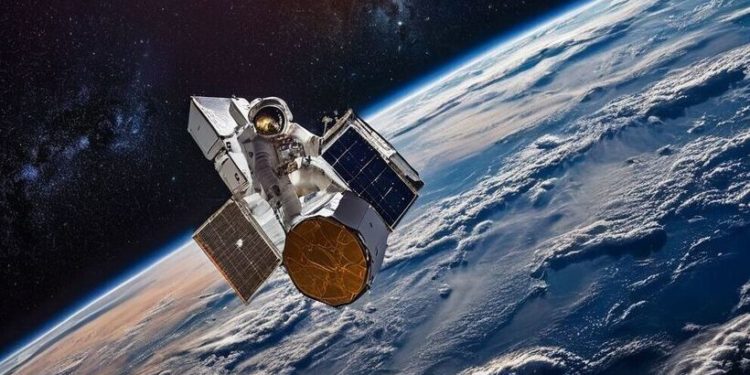The bill outlines the creation of the Kenya Space Agency (KSA) as the governing body responsible for coordinating and regulating space activities across the country. The agency will have wide-ranging powers to oversee all space-related operations, including the approval of satellite launches, the management of space systems engineering, and the monitoring of earth observation initiatives. The KSA will also be tasked with licensing and regulating Kenyan entities involved in space activities, ensuring they meet both national and international legal standards.One of the most significant provisions of the bill is its regulation of satellite communication services, including those offered by international players such as Elon Musk’s SpaceX. As SpaceX’s Starlink internet service makes its entry into Kenya, the bill mandates strict guidelines for satellite internet providers, requiring them to obtain government approval before launching or operating communication satellites. This is intended to ensure that satellite-based internet services, which are seen as crucial for bridging Kenya’s digital divide, adhere to the country’s regulations while providing secure and efficient services to users across the nation.
The Kenya Space Bill also emphasizes the importance of commercial space activities. Any Kenyan company seeking to launch satellites or engage in space-related commercial ventures will need to undergo a thorough approval process, including a mandatory 18-month period before a satellite launch can proceed. This measure is designed to guarantee the safety and security of Kenya’s space operations while ensuring compliance with international space laws and agreements.
Kenya’s push for outer space regulation is not only about governance but also about seizing economic opportunities. With the rise of private sector involvement in space, the bill is set to open new avenues for investment in the space industry. The government hopes to attract both domestic and foreign investors to develop the country’s space infrastructure, including earth observation centers and satellite communication services. Such investments are expected to spur economic growth, create jobs in advanced technology sectors, and position Kenya as a regional hub for space-related industries.
However, the introduction of this regulatory framework has not been without its critics. Some industry players are concerned that the bill could lead to overregulation, potentially stifling innovation and deterring investment. The strict licensing requirements, coupled with the long approval timelines for space activities, may create barriers for smaller Kenyan companies hoping to participate in the space economy. Additionally, the financial burden of mandatory insurance and compliance with complex regulations could discourage startups and emerging firms from entering the space sector.
Overregulation could also hinder the growth of Kenya’s space industry, which is still in its early stages. As the bill places significant control in the hands of the KSA, private entities may find it difficult to operate with the agility and flexibility needed to compete in the fast-paced global space market. The challenge for Kenya will be to strike a balance between robust regulation and fostering an environment where innovation can thrive.
Despite these concerns, the Kenya Space Bill, 2024 represents a bold step forward for the country. By formalizing its outer space activities through legislation, Kenya is positioning itself to become a key player in the global space arena. The bill’s focus on promoting responsible and sustainable outer space exploration reflects a long-term vision for outer space as a driver of economic development, technological innovation, and national security.














